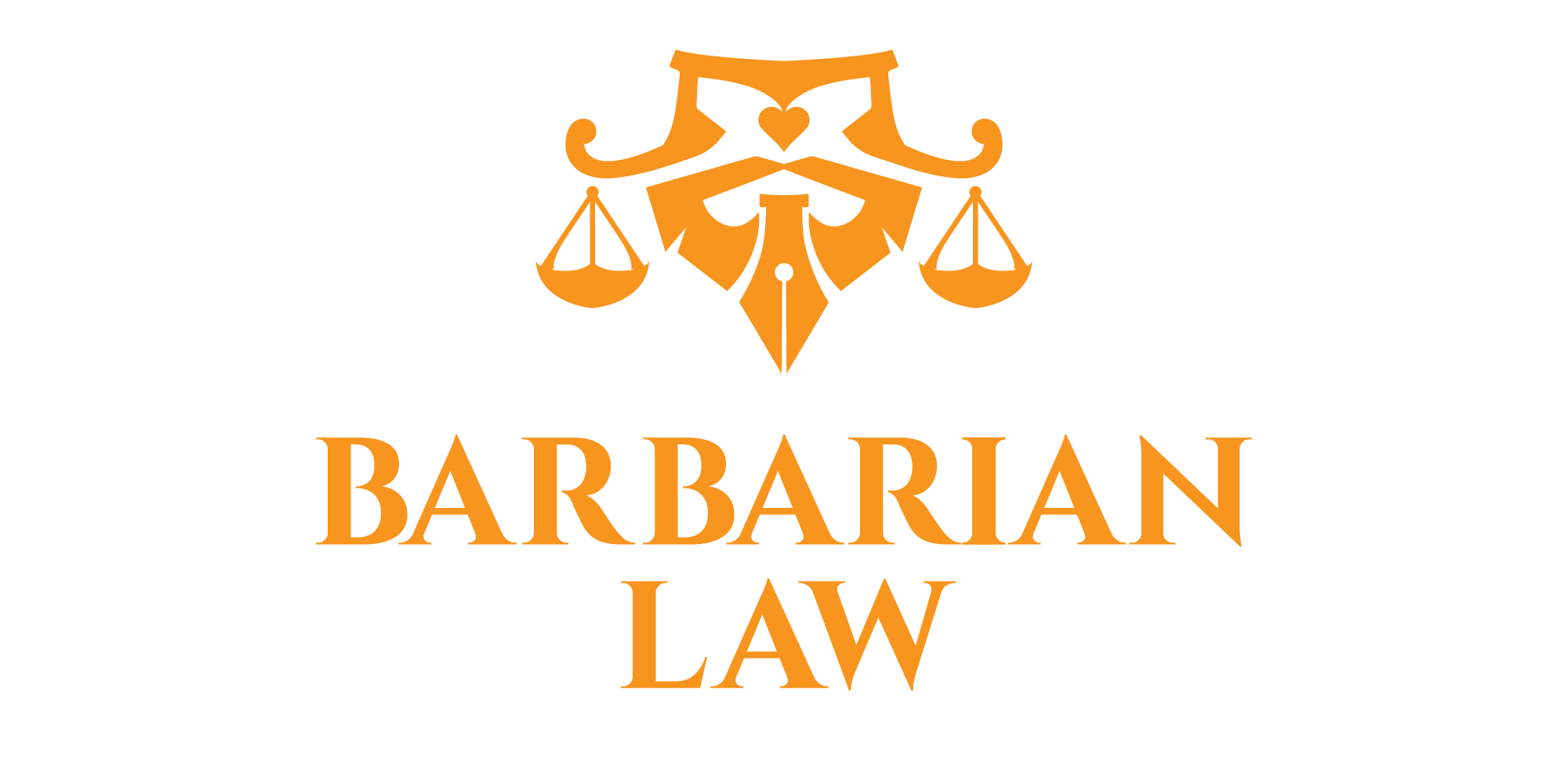In today’s increasingly digital world, traditional processes are being transformed by technology, and estate planning is no exception. While most people associate wills with paper documents and signatures, electronic wills (or “e-wills”) are emerging as a viable alternative in certain jurisdictions. This digital shift raises important questions about the future of estate planning in Ontario and whether electronic wills will become the new norm. Here’s a closer look at the current legal framework and the potential for e-wills in Ontario.
The Current Status of Wills in Ontario
In Ontario, a valid will must meet specific legal requirements under the Succession Law Reform Act (SLRA). Traditionally, wills are required to be in writing and signed by the testator (the person making the will) in the presence of two witnesses, who must also sign the document. These requirements ensure the validity of the will and help prevent fraud or undue influence.
However, recent developments in technology and changes to the legal landscape are creating room for the possibility of electronic wills, where the entire process—from drafting to signing—takes place digitally. These changes, accelerated by the COVID-19 pandemic, have pushed courts and lawmakers to consider more modern approaches to legal processes, including estate planning.

Virtual Will Execution in Ontario
One of the first steps toward modernizing wills in Ontario came during the pandemic when the Ontario government introduced temporary measures allowing wills to be executed virtually. These emergency provisions permitted the use of video conferencing for will signings, with witnesses attending remotely. This was a response to the difficulties individuals faced in meeting the traditional requirements of in-person signing during lockdowns.
Although these measures were initially temporary, they highlighted the possibility of incorporating more digital tools into the estate planning process. In 2021, the Ontario government extended these provisions, allowing virtual witnessing of wills to continue permanently, provided certain safeguards are met. This was a clear sign that Ontario is moving toward greater acceptance of digital processes in estate planning, but it still stops short of fully embracing electronic wills.
Electronic Wills: A Future Possibility?
While Ontario has not yet fully adopted electronic wills, other jurisdictions have. For example, British Columbia and some U.S. states have already enacted legislation that allows for the creation and execution of e-wills. These wills can be stored, signed, and even witnessed electronically, without the need for any physical documents.
The potential advantages of e-wills are clear. They offer convenience, accessibility, and the ability to easily update documents without needing to go through the formalities of printing and physically signing them. For individuals with limited mobility, those living in remote areas, or those who prefer digital solutions, e-wills could streamline the entire process. However, e-wills also come with potential risks. Concerns about fraud, security, and the authenticity of digital signatures need to be addressed. Additionally, Ontario’s legal system would need to ensure that e-wills provide the same level of certainty and protection as traditional wills to prevent disputes over the deceased’s true intentions.
What Lies Ahead for Ontario?
As digital solutions continue to evolve, it’s likely that Ontario will eventually adopt more comprehensive rules surrounding electronic wills. While the current legal framework still requires physical signatures and witnesses, the trend toward virtual witnessing and remote execution of wills suggests that full digital adoption could be on the horizon.
Until then, it’s important for individuals in Ontario to stay informed about the legal requirements for creating a valid will and to consult with professionals who are knowledgeable about the latest developments in estate planning. At Barbarian Law, we keep up with these trends and ensure that your estate planning needs are met, whether through traditional means or using the latest available technologies.
Conclusion
The introduction of virtual will execution in Ontario marks a significant step toward modernizing the estate planning process. While electronic wills are not yet fully embraced in the province, the future is promising. As Ontario continues to evolve, keeping pace with technological advancements will be key in offering clients more flexibility and efficiency in planning their estates.
For now, if you’re considering updating your will or planning your estate, reach out to Barbarian Law for expert guidance on navigating the current legal landscape while staying prepared for future changes.
The content provided on this blog is for informational purposes only and does not constitute legal advice. While we strive to ensure the information is accurate and up-to-date, laws and regulations change frequently, and interpretations may vary. Therefore, readers should consult with a qualified lawyer or legal professional before making any decisions or taking any action based on the information provided. Barbarian Law is not responsible for any errors or omissions, or for any outcomes related to the use of this information. For personalized legal advice, please contact us directly.










